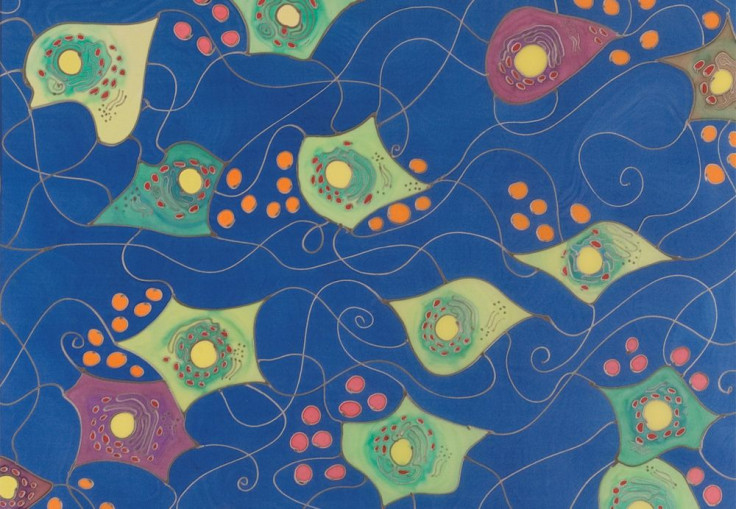Rare Genetic Mutation Raises Pain Tolerance To Superhuman Levels

Scientists have found a genetic mutation that cranks up someone’s pain tolerance to the superhuman level.
New research describes an Italian family with a rare gene that turns down their pain sensitivity and might offer clues in the development of pain treatments, particularly those who experience chronic pain. The six members of this family, who are from three different generations, have “a distinctive pain response that has not been identified in any other people,” University College London explained. The low-pain condition is called congenital analgesia and has been connected to a couple of other genetic mutations as well, but the studied family has a unique set of symptoms.
“The members of this family can burn themselves or experience … bone fractures without feeling any pain,” lead study author James Cox said in the university statement. “Their nerves are all there, they’re just not working how they should be. We’re working to gain a better understanding of exactly why they don’t feel much pain.”
The low sensitivity to pain even extends to their ability to tolerate spicy food. They do sometimes feel pain, however. A study in the journal Brain described the line: While some of the group have not even noticed when they fractured a bone or injured their skin, they have experienced headaches and other feelings of pain inside their bodies.
One odd side effect was that they sometimes were highly sensitive to odor, and would vomit or faint in response to the smell, the study said.
Scientists took blood samples from the Marsili family to examine their DNA and found a mutation in the ZFHX2 gene, which is involved in regulating the body’s response to pain by working with other genes that help with pain communication.
“Chronic pain is a major global public health issue causing a severe impact on both the quality of life for sufferers and the wider economy,” according to their study. “Despite the significant clinical burden, little progress has been made in terms of therapeutic development.”
Estimates from the U.S. National Institutes of Health indicate that about 11.2 percent of the population experiences chronic pain. The organization said chronic pain causes other health problems and puts strain on health care resources.
It’s possible that gene therapy could be used to simulate the Marsili mutation and make a patient’s body imitate its effects.
“By identifying this mutation and clarifying that it contributes to the family’s pain insensitivity, we have opened up a whole new route to drug discovery for pain relief,” study co-author Anna Maria Aloisi, said in the university statement.
© Copyright IBTimes 2024. All rights reserved.





















